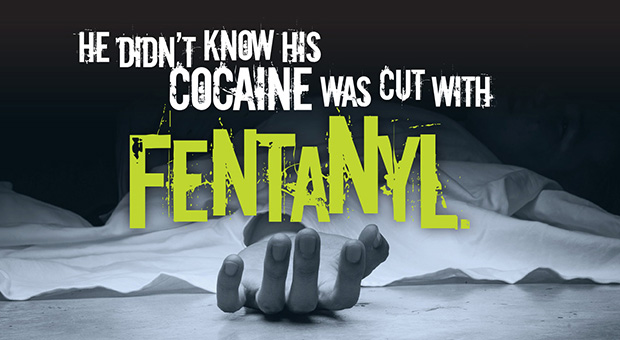Steinbach MLA and Health, Seniors and Active Living Minister Kelvin Goertzen, announced that Manitobans recovering from opioid addictions will receive new support with the removal of coverage criteria for suboxone to the Manitoba Pharmacare Program.
“We know opioids like fentanyl are affecting our communities and families, which is why we are enhancing access to suboxone,” said Goertzen. “The announcement means more Manitobans will be able to access coverage for this opioid replacement option if they need it. This will help Manitobans with opioid addictions recover and lead healthier lives.”
Pharmacare is a drug benefit program for eligible Manitobans, regardless of disease or age, whose income is seriously affected by high prescription drug costs. Criteria that limited coverage for suboxone have now been removed, making it easier for eligible patients to access coverage for the drug. Suboxone is used to decrease cravings and relieve withdrawal symptoms for people recovering from opioid addictions.
The minister made the announcement at the Addiction Foundation of Manitoba’s (AFM) River Point Centre, which is also the site of a 30-suite, abstinence-based apartment complex. The minister noted the apartment complex has recently been named the River Point Apartments following community stakeholder consultation. As a result of provincial investments, three new permanent staff have been hired to help operate River Point Apartments.
“Recovery is a process and support is often required for some time,” said Ben Fry, chief executive officer, AFM. “The longer support can be provided, the better the outcomes. The AFM continues to see strong demands for opiate replacement therapy and supportive housing for people along their journey to healing and recovery.”
Recognizing suboxone and methadone are now used in opiate replacement therapy, Fry added the former Methadone Intervention and Needle Exchange program has been renamed Manitoba Opioid Support and Treatment (MOST) program. The MOST program is available in Winnipeg and Brandon.
“Like all areas of health care, opioid addiction treatment continues to be an evolving process. We know that while methadone continues to be an effective medication for many patients, people are different and have different needs. Suboxone, with its overall safer medical profile, can provide a great alternative for many patients. Importantly, with the increased accessibility of these two opiate agonist treatments, we not only increase the chances of success for patients but we also improve health and social outcomes on both the individual and at the population level,” said Dr. Ginette Poulin, medical director, AFM. “As a physician, I see the positive effects the MOST program has on Manitobans every day, in terms of building healthier lives for themselves and their families.”
For more information on fentanyl and other opioids in Manitoba, visit: www.gov.mb.ca/fentanyl.


